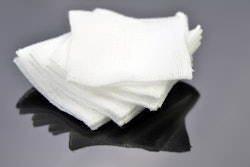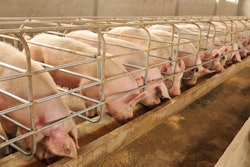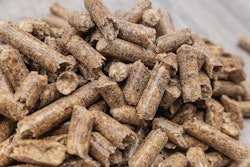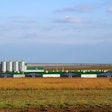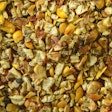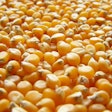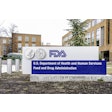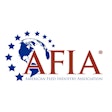After a comprehensive 12-month assessment, the European Commission’s standing committee on plants, animals, food and feed (SCoPAFF) on animal nutrition officially endorsed the upgraded Copa-Cogeca and FEFAC Code of Good Labelling Practices for compound feed.
Copa-Cogeca is the united voice of European farmers and agri-cooperatives; FEFAC represents the interests of the European compound feed and premix manufacturers.
The endorsement marks a significant step forward in the promotion of sustainable feed production and reduction of livestock production’s emissions. Inspired by the proposal for the Green Claims Directive, the updated code includes detailed guidelines for communicating the environmental performance of animal feed to farmers, addressing key impact areas such as climate change, eutrophication and livestock emissions abatement techniques. The enhanced code, which integrates the Product Environment Footprint Category Rules (PEFCR) Feed for Food-Producing Animals methodology and the Global Feed LCA Institute database, offers a harmonized approach to labeling that supports the feed sector’s efforts to reduce its environmental footprint.
Developed with the support of FEFANA, which represents the specialty feed ingredients business in Europe, the code also provides clear recommendations for substantiating environmental claims for compound feed, especially in relation to livestock emissions abatement techniques. More specifically, it ensures that feed producers can transparently report on the environmental impact of their products, enhancing the feed sector’s transparency toward livestock farmers and consumers. By including information on 16 environmental impact categories, including water use and biodiversity, it addresses the need for accurate reporting to meet Scope 3 greenhouse gas emissions requirements.
The endorsement of the upgraded code represents a major milestone in the path toward sustainable feed and livestock production. Thanks to this harmonized framework, the feed sector is now better positioned to contribute to reducing the emissions of feed and livestock production.


